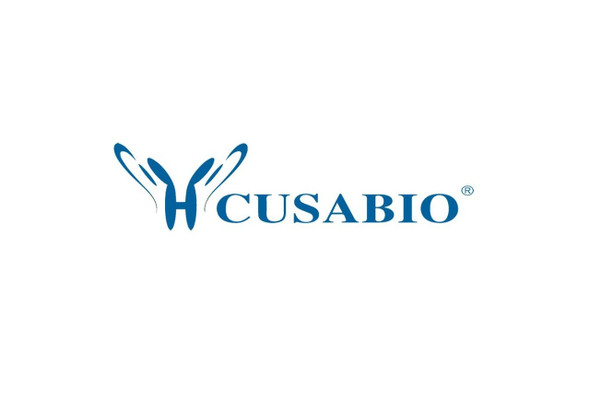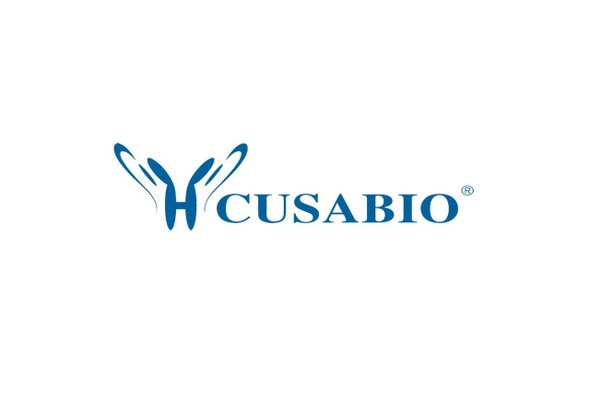Cusabio Polyclonal Antibodies
Phospho-OXSR1 (Thr185) Antibody | CSB-PA067482
- SKU:
- CSB-PA067482
- Availability:
- 3 to 7 Working Days
- Size:
- 100ul
Description
Phospho-OXSR1 (Thr185) Antibody | CSB-PA067482 | Cusabio
Phospho-OXSR1 (Thr185) Antibody is Available at Gentaur Genprice with the fastest delivery.
Online Order Payment is possible or send quotation to info@gentaur.com.
Product Type: Polyclonal Antibody
Target Names: OXSR1
Aliases: OXSR1; kinase OSR1; Oxidative-stress responsive 1;
Background:
Oxidative-stress responsive 1 gene is located in the vicinity of three others genes - GOLGA4, ITGA9 and HYA22 on chromosome 3. These four genes are considered to be candidate tumor suppressors. Oxidative-stress responsive 1 protein has similarity to human Ste20/oxidant stress response kinase-1 and is thought to be involved in the response to oxidative stress
Tamari M., J. Hum. Genet. 44:116-120 (1999) .
Kikuno R., DNA Res. 6-197-205 (1999) .
The MGC Project Team; Genome Res. 14:2121-2127 (2004) .
Isotype: IgG
Conjugate: Non-conjugated
Clonality: Polyclonal
Uniport ID: O95747
Host Species: Rabbit
Species Reactivity: Human, Mouse
Immunogen: Peptide sequence around phosphorylation site of threonine185 (R-K-T (p) -F-V) derived from Human OSR1.
Immunogen Species: Human
Applications: ELISA, WB, IHC
Tested Applications: ELISA, WB, IHC;WB:1:500-1:1000, IHC:1:50-1:100
Purification Method: Antibodies were produced by immunizing rabbits with synthetic phosphopeptide and KLH conjugates. Antibodies were purified by affinity-chromatography using epitope-specific phosphopeptide. Non-phospho specific antibodies were removed by chromatogramphy using non-phosphopeptide.
Dilution Ratio1: ELISA:1:2000-1:10000
Dilution Ratio2: WB:1:500-1:1000
Dilution Ratio3: IHC:1:50-1:100
Dilution Ratio4:
Dilution Ratio5:
Dilution Ratio6:
Buffer: Rabbit IgG in phosphate buffered saline (without Mg2+ and Ca2+), pH 7.4, 150mM NaCl, 0.02% sodium azide and 50% glycerol.
Form: liquid
Storage: Upon receipt, store at -20°C or -80°C. Avoid repeated freeze.
Initial Research Areas: Signal Transduction
Research Areas: Signal transduction






